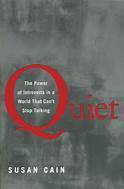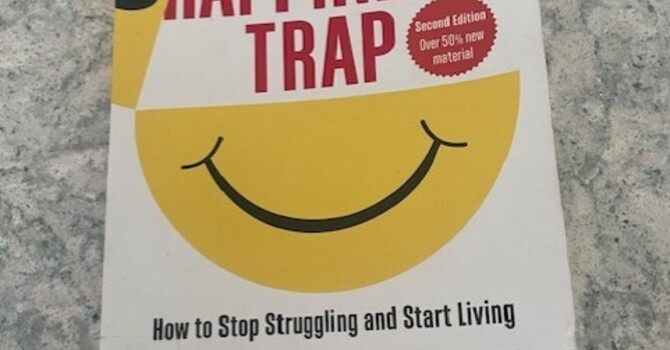
As a child, adults often labeled me as “shy,” discussing it in hushed tones as if it were a character flaw to be corrected. Thus began my lifelong experience with what I now call “introvert conversion” therapy—an attempt to coax me out of my shell, encourage me to embrace large crowds, and seek an abundance of friendships. Success, according to their definition, meant transforming me into a social butterfly who effortlessly engaged with others and constantly sought social interactions.
The proponents of “introvert conversion” assumed that my quiet demeanor indicated anxiety, sadness, and a lack of interest in meaningful relationships. They were partially correct: I am indeed an introvert. However, many of their other assumptions missed the mark. Contrary to their beliefs, I am not inherently shy. When I choose to, I possess social skills and can navigate large crowds without feeling particularly awkward, anxious, or nervous. My perceived shyness is not rooted in anxiety; rather, I simply dislike being in bustling crowds and despise engaging in small talk with strangers. While I know how to make polite conversation, chatting with numerous unfamiliar people about trivial matters fails to captivate me.
In reality, I cherish close friendships and have cultivated rewarding relationships over the years. I am married to a fellow introvert—someone who understands me deeply. Together, we value meaningful connections and thrive in smaller group settings. When it comes to expressing myself, I am assertive and unafraid. So, while the “introvert converters” may have been right about my introverted nature, their assumptions about my social preferences missed the mark entirely.
Why do I share all this? It’s because I believe I’m not alone in experiencing devaluation based on how I relate to the world and my own identity. When I recently searched for information about shyness online, I encountered various descriptions that pathologize it. Some websites even suggested that shy children, especially those without many friends, should be assessed early to rule out developmental issues. While it’s true that parents should be mindful of overly anxious or worried children, these sources primarily focused on shyness itself—not anxiety, depression, or worry.
What I didn’t find was anyone acknowledging that some children thrive in quiet, introspective settings. They appreciate time to delve into their internal thoughts and ideas, and they may intentionally choose to maintain a few close friendships.
Interestingly, when Susan Cain’s book “Quiet: The Power of Introverts in a World That Can’t Stop Talking” was published, I realized it spoke directly to my experience and I am sure millions of others. It celebrates introverts, recognizing that we—despite not always fitting society’s mold—are often among the most successful leaders in the world. Susan Cain sheds light on our strengths, even when the world doesn’t fully understand us. One particularly intriguing aspect of the first chapter is her assertion that approximately one-third of people are introverts. This realization suggests that not only have many others likely shared similar experiences to mine, but it also encompasses a substantial portion of the population.
Susan Cain, an introvert herself, eloquently captures the introvert experience. As an extrovert, it’s challenging to fully grasp what it’s like to be an introvert, as our experiences differ fundamentally. In her enlightening TED Talk, Susan discusses her journey in writing the book and shares relatable anecdotes that resonated with me as an introvert. Her insights not only made me nod in agreement but also brought laughter. You can watch her inspiring talk here:
https://www.youtube.com/watch?v=c0KYU2j0TM4&pp=ygUTc3VzYW4gY2FpbiB0ZWQgdGFsaw%3D%3D
As an author, Susan Cain’s talents extend beyond wit and storytelling. She delves into thorough research, allowing her to discern patterns and dynamics that often go unnoticed. In our schools, businesses, and workplaces, we tend to construct activities and norms around the idealized extrovert. Susan Cain’s work sheds light on this bias, revealing how deeply it has permeated our culture.
Moving beyond the misconceptions, she explores the strengths of introverts. In many areas, they excel, often outperforming their extroverted coworkers. Their ability to focus, persistently work through tasks, and excel in creative endeavors sets them apart. These qualities can make introverts exceptional leaders. In fact she names many successful leaders, including Bill Gates, T.S. Elliott, Warren Buffet and many more.
While I won’t summarize the entire book here, I encourage you to read it, especially if you’re an introvert who has felt pressure to conform to extroverted norms. I wish this book had existed when I was younger—it’s validating and beautifully highlights the strengths of being an introvert, allowing us to feel comfortable in our own skin.
Karrie Derbyshire
Contact Me



